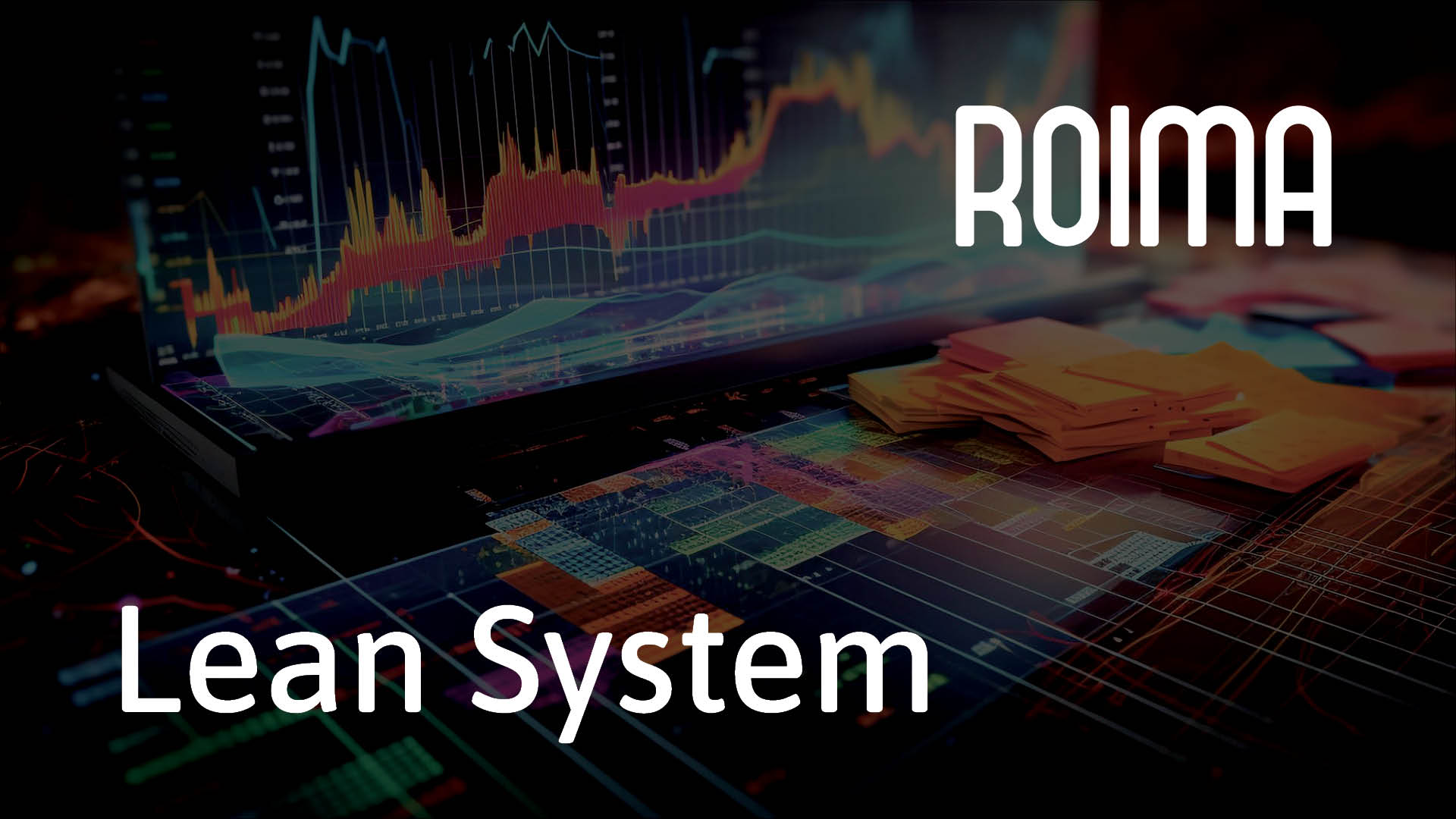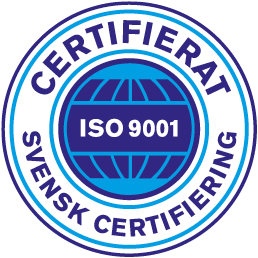MES solutions
Roima solutions
Manufacturing Execution Systems (MES) provide real-time insights to streamline your operations and improve productivity.
Optimize manufacturing efficiency with Roima MES solutions
Get real-time insights, improve production, and ensure quality with advanced MES systems. These solutions are designed for modern manufacturing.
Manufacturing Execution Systems (MES) bridge the gap between ERP systems and the shop floor, providing real-time data to optimize production. MES enables manufacturers to execute and monitor workflows, improve efficiency, and maintain compliance while ensuring product quality and traceability.
With Roima’s expertise in MES implementation and integration, we deliver solutions designed to fit your needs. These solutions help manufacturers improve operations and stay competitive.


Expertise in AVEVA MES system implementation
As an AVEVA Endorsed System Integrator, Roima specializes in implementing AVEVA MES solutions customized to your manufacturing needs. Our team works closely with you to align system configurations with your specific processes. From design to deployment and ongoing support, we ensure a smooth implementation for real-time production tracking, optimized workflows, and enhanced operational control. Roima’s approach enables full production visibility, reduces downtime, and drives productivity gains. With a robust, future-proof MES solution, you achieve smarter decision-making and continuous improvement.
What is an MES system?
A Manufacturing Execution System (MES) is a type of MES software that helps manage and optimize manufacturing operations in real-time. It acts as a central hub, connecting business systems like ERP with the shop floor to improve communication and coordination.
With an MES system, manufacturers can track and control every stage of production, from raw materials to finished products. This improves efficiency, ensures consistent quality, and helps meet industry regulations. Real-time data empowers manufacturers to make better decisions, reduce downtime, and improve operations.
An MES system helps decrease manufacturing costs by reducing labor, material, and energy usage, streamlining production, and lowering cost per unit. It also drives increased revenue by boosting throughput, shortening cycle times, and accelerating new product launches. Additionally, MES systems reduce risks, improve product quality, ensure regulatory compliance, and enhance decision-making, transparency, and overall performance.
Whether you manage a single production line or a large facility, an MES system helps manufacturers stay competitive and efficient.
Benefits of MES
The main benefit of using an MES system is its real-time visibility and control over the entire manufacturing process. An MES system ensures seamless communication by integrating production data with business systems. This helps manufacturers reduce costs, improve productivity, and remain competitive.

Optimize production efficiency with real-time control
Streamline workflows, track production and materials in real-time, and respond quickly to changes to reduce downtime and maximize throughput.

Automated quality control
Maintain consistent product quality with automated checks and real-time data capture.

Scalability and adaptability
Support your business as it grows with flexible deployment options for on-premises or cloud-based MES solutions.

Data-driven decision-making
Access up-to-the-minute insights for smarter decisions, reduce downtime and improve production outcomes.

Lower operational costs
Minimize waste, improve resource utilization, and reduce production delays for a leaner, more cost-effective operation.

End-to-end traceability
Track raw materials, processes, and products across the production lifecycle to ensure regulatory compliance and resolve issues quickly.

Streamlined workflows and automation
Automate production workflows, quality checks, and inventory management to reduce manual errors and improve efficiency.

Integrated inventory management
Optimize material flow, track stock in real-time, and ensure availability of materials at the right time.

Performance monitoring and KPI tracking
Measure critical KPIs like OEE (Overall Equipment Effectiveness) to identify bottlenecks and improve performance.

Compliance and regulatory support
Meet industry regulations with full product traceability, automated quality checks, and transparent process tracking.

Integrated MES and ERP
Roima connects shop-floor operations with business systems through seamless MES and ERP integration. As an AVEVA Endorsed System Integrator, we unify MES, ERP, SCADA, and other systems to enable synchronized workflows, real-time visibility, and precise inventory tracking.
Our Roima Lean System serves as a unified Manufacturing Operations Management (MOM) platform, combining MES and ERP capabilities to deliver:
- Real-time production control with visibility into materials, workflows, and supplier data.
- Comprehensive traceability from raw materials to finished products for compliance and fast issue resolution.
- Optimized inventory management with real-time tracking and reduced waste.
- Automated quality control with real-time data capture to ensure continuous improvement.
From assessment to support, Roima ensures smooth MES and ERP integration, driving smarter decisions, higher productivity, and long-term growth.
Ready to transform your operations?
Contact us to learn how Roima’s MES implementation expertise can provide your business with real-time production control, process visibility, and operational efficiency needed to stay competitive. Let’s explore how we can optimize your manufacturing processes with intelligent system integration and data-driven insights.
FAQ: Manufacturing Execution System (MES)
MES connects business systems to shop-floor operations, ensuring efficiency, quality, and real-time control.
What is a Manufacturing Execution System (MES)?
What are the key functions of an MES?
What are the benefits of implementing an MES?
How does MES improve production efficiency?
How does MES support quality management?
Can MES be integrated with other systems?
What industries benefit most from MES?
What should be considered when selecting an MES solution?
How does MES support Industry 4.0 initiatives?
What is the role of MES in inventory management?
What are the key features of an MES system?
The key features of an MES system include:
- Production control: Real-time tracking and management of production workflows.
- Quality assurance: Automated quality checks to maintain consistent product quality.
- Traceability: Full tracking of materials and products to ensure compliance and support recalls.
- Performance monitoring: Real-time measurement of KPIs like OEE and cycle times.
- Inventory management: Real-time tracking of raw materials, WIP, and finished goods.
- Data integration: Connectivity with ERP, SCADA, and other business systems for a unified platform.
How does MES improve workflow automation?
Products and solutions
Insights
Want to know more?
Contact us by using the form or by reaching out to one of our experts directly. We're here to assist you!

Contact Henrik Brink

Contact Ulf Johansson

Contact Jan-Erik Mattsson

Contact Hannu Ojasalo
















